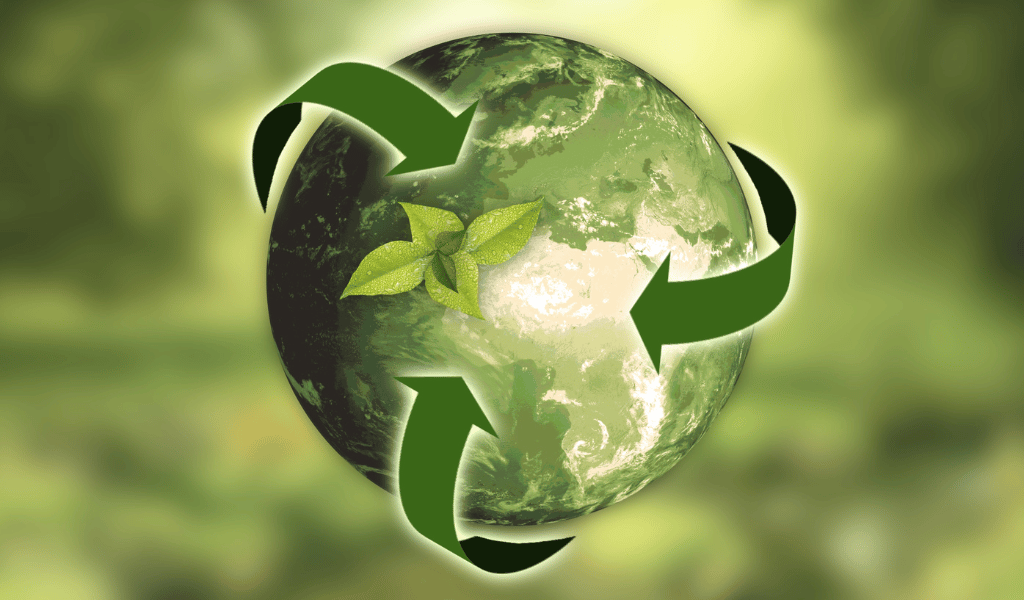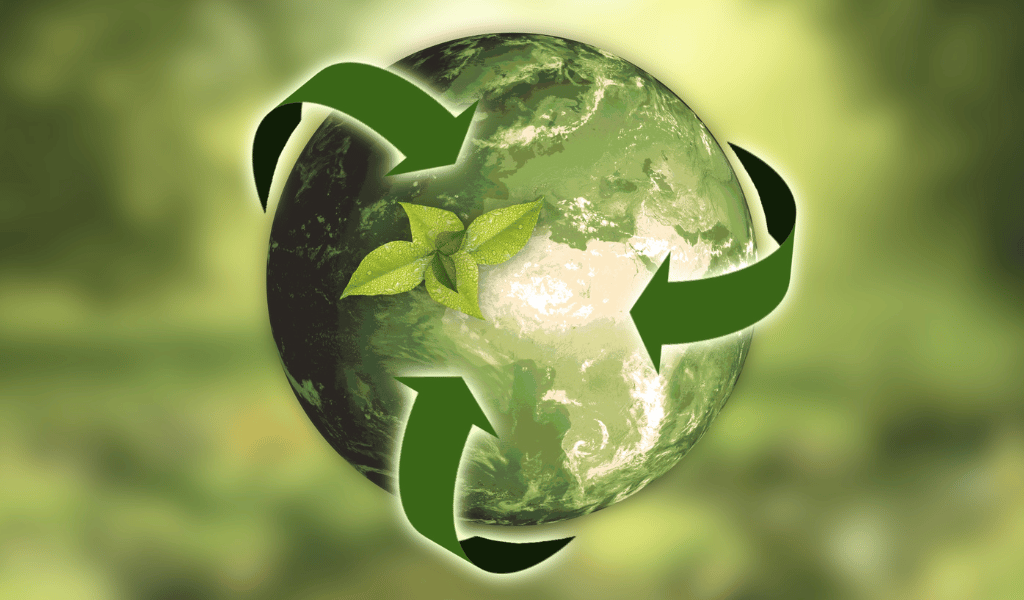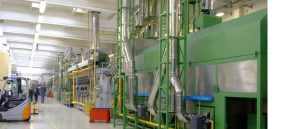We are all aware of the impact that our civilization is having on the climate of our planet. our planet and what effects it is having on the environment. causing. We might even be able to project, with a high probability of success, the future consequences that could be unleashed if we continue to fail to take decisions and actions to help reverse this situation.

There is already evidence of rising sea levels, desertification of large regions, increasingly devastating climatic effects and the progressive decline of biodiversity.
We also know that each of them will have consequences for the way people and societies live. For example, climate change is already affecting the distribution of precipitation over large parts of the planetThis will lead to a progressive desertification that will affect the quantity and quality of harvests, causing famines and, consequently, the beginning of conflicts over the possession of water, which, together with the above, will be the catalyst for new migratory processes that will give way to new elements of confrontation.
If we talk about the economic consequences at a global level, projections are also established about the impact on the GDP (the wealth index) of the world economy. A study published in the journal Environmental Research Letters analyzes how these and other impacts of global warming are having an effect, and according to their data, global GDP could be reduced by 37% by 2100 as a result. Thus, the drop would be more than double that suffered during the Great Depression.
Research conducted by European and U.S. universities indicates that the economic costs of climate change could increase sixfold over the estimates made to date. These are projections with a wide range of uncertainty, but they provide a relevant indicator. Previous models were based on short-term damages and did not take into account the continuity of climate change. This is despite evidence that droughts, fires, heat waves or storms have effects on health, savings and work activity that cause long-term costs.
In general, a process of more or less in-depth awareness of these events is established and governments and supranational entities are taken as referents and inducers of decisions for change. And that must be so, in the same way that each one of us must also be aware that we live on the same planet and we must act in conscience in the actions of our daily lives.
But, How does the economy, and companies in particular, take these facts? Starting from the premise that if there is a common element in companies, it is the income statement, we must understand how the climate change factor and its consequences affect the strategies of companies when it comes to adapting to the new scenarios that arise.
Each company has its own pace, capabilities and vision, but there are elements that are crucial when it comes to orienting the activity towards a model compatible with sustainability and, at the same time, finding opportunities that offer competitive advantages that positively affect – that is! again, the Income Statement and in the long term.
Rhythm and consciousness.
- If we talk about rhythms, we can find companies that see this moment as an opportunity. In the Anglo-Saxon sense, they are treated as Nows, let’s call them Pioneers, with a clear conscience at the management level and a declared commitment to the United Nations Sustainable Development Goals, which they deploy throughout their organization. They embrace Government Regulations as an enabler of change, detect opportunities in the process and connect their capabilities with respect to environmental consequences and consciously connect them to business results.
- Secondly, there are the Imminents, the Followers, who understand that Sustainability will be important in a few years, for example, five years, since they detect a capacity for adaptation and possible growth in this way.
- Finally there are the Laters, Expectants, who see no cause and effect between the adoption effort and the increase in their profits.
Everyone has their own reasons and circumstances, and it may be the case that Followers and Expectants see the Pioneers as learning elements and allow them to learn from their mistakes… but in the economy and in business, time flies and it can be deduced that a vision based on the creation of value through Sustainability leads to the creation of opportunities and competitive advantages that allow the consolidation of a new leadership in their areas of activity, and may limit the capabilities of those who have entered the game later and thus the value of their results.
Sustainability regulation.
Understood as the set of rules, norms and provisions approved by governmental entities and passed on to society and companies as mandatory laws.
If we talk about Sustainability, Regulation is a key factor in the transformation process towards a society based on sustainable development practices by legislating and applying regulations that can substantially affect business processes that to date have been developed in a certain way to others that entail significant adaptation efforts.
In terms of Sustainability, we talk about the three pillars that support it: Circular Economy, Emissions Management and Social Responsibility itself when we talk about workers and their environment.






